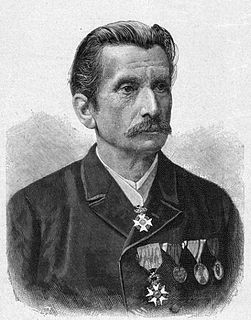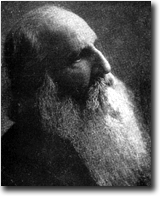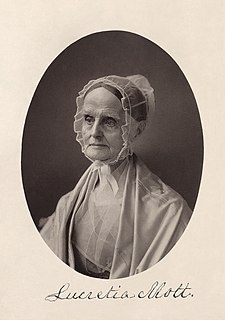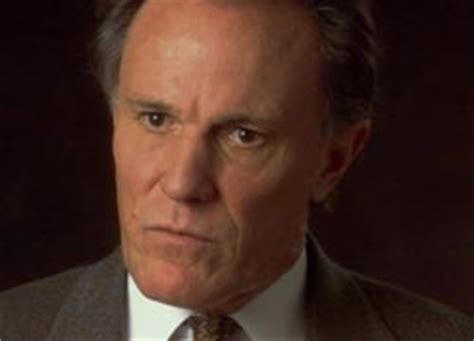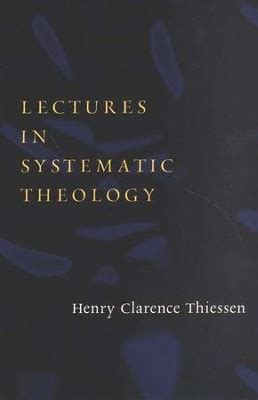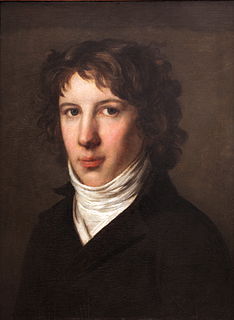A Quote by Aldous Huxley
Modern man no longer regards Nature as in any sense divine and feels perfectly free to behave toward her as an overweening conqueror and tyrant.
Related Quotes
I saw sensuality as sacred, indeed the only sacredness, I saw woman and her beauty as divine since her calling is the most important task of existence: the propagation of the species. I saw woman as the personification of nature, as Isis, and man as her priest, her slave; and I pictured her treating him as cruelly as Nature, who, when she no longer needs something that has served her, tosses it away, while her abuses, indeed her killing it, are its lascivious bliss.
Many older wealthy families have learned to instill a sense of public service in their offspring. But newly affluent middle-classparents have not acquired this skill. We are using our children as symbols of leisure-class standing without building in safeguards against an overweening sense of entitlement--a sense of entitlement that may incline some young people more toward the good life than toward the hard work that, for most of us, makes the good life possible.
We can sometimes find a person again, but we cannot abolish time. And so on until the unforeseen day, gloomy as a winter night, when one no longer seeks that girl, or any other, when to find her would actually scare one. For one no longer feels that one has attractions enough to please, or strength enough to love. Not, of course, that one is in the strict sense of the word impotent. And as for loving, one would love more than ever. But one feels that it is too big an undertaking for the little strength one has left.
English literature, from the days of the minstrels to the Lake Poets,--Chaucer and Spenser and Milton, and even Shakespeare, included,--breathes no quite fresh and, in this sense, wild strain. It is an essentially tame and civilized literature, reflecting Greece and Rome. Her wildness is a greenwood, her wild man a Robin Hood. There is plenty of genial love of Nature, but not so much of Nature herself. Her chronicles inform us when her wild animals, but not the wild man in her, became extinct.

